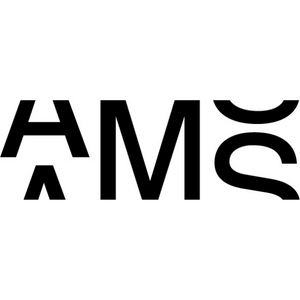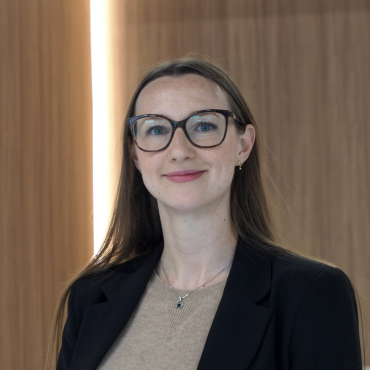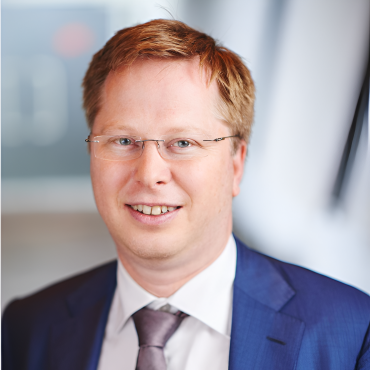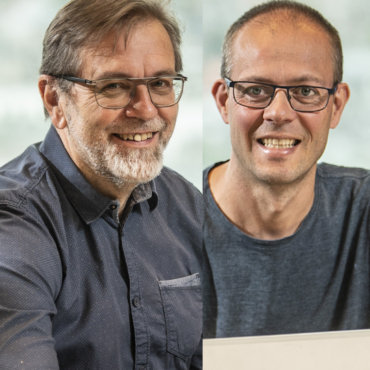The Antwerp Management School (AMS) has been offering a specialised Master’s programme in cyber security for several years. Membership in the Cyber Security Coalition not only enhances its network within the sector, but also facilitates its commitment to knowledge sharing. For AMS professor of information systems management Yuri Bobbert, maintaining a close relationship with the Coalition is, therefore, a natural choice.
The added value of our programme on the field is increasing
“We became a member in 2019. At that time, the Cyber Security Coalition was much smaller than it is today. However, since I, as academic director, had launched a specialised Master’s programme at AMS a year earlier, joining was a natural step for us to get to know the ecosystem and the various partners better,” Yuri explains. “It also allowed us to connect with a significant portion of our target audience for this programme. Finally, as a member, we can better understand what everyone else is doing and the issues they face, and to sow the seeds for new collaborations.”
Knowledge sharing as a goal
The Executive Master in IT Risk and Cybersecurity programme is a specialisation within the Executive IT Management programme, and open to candidates with a Bachelor’s or Master’s degree plus five years of relevant experience. It therefore attracts IT professionals in leadership positions. “For example, IT managers from major players in the Antwerp port area and petrochemical cluster, as well as consultants or people who approach the topic from an HR or financial perspective,” Yuri adds.
Since the programme’s early days, many new cyber security courses have been introduced. But Bobbert explains this does not affect the positioning and value of the Master’s programme. “On the contrary, we have maintained a strong focus on governance and leadership: areas in which we, as a management school, have a distinct expertise. While purely technical skills are central to more tech-oriented programmes, they are less of a focus for us – underscoring the complementary nature of the growing range of educational offerings.”
The Master’s programme culminates in a research project. “The students dive deeply into a specific risk or security topic and truly become experts. This also benefits the Cyber Security Coalition, as many of these individuals join focus groups centred around their expertise. To maximise the impact of the research, we allow our top students to present their findings at sector meetings across Europe and make the theses publicly available afterward. This demonstrates that knowledge sharing, and valorisation is central to us, just as it is for the coalition,” Yuri continues.
Soft skills becoming increasingly relevant
The two-year Executive Master’s programme has already produced around 100 alumni. “Each contributes to strengthening the cyber security landscape,” Yuri continues. “Consequently, the added value of our programme on the field is increasing. Today’s cyber security leaders can’t limit themselves to the role of enforcer. First and foremost, they need to focus on building a resilient organisational structure and culture.”
In practice, this underscores a growing need for soft and managerial skills among leaders in the IT world. “Fostering resilience among all members of an organisation requires paying attention to the human element and responding to it successfully. And as I mentioned, that is precisely where our programme focuses.”








